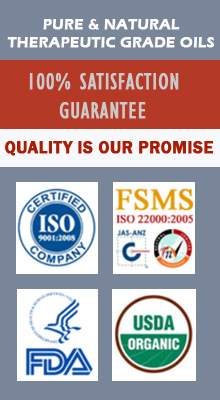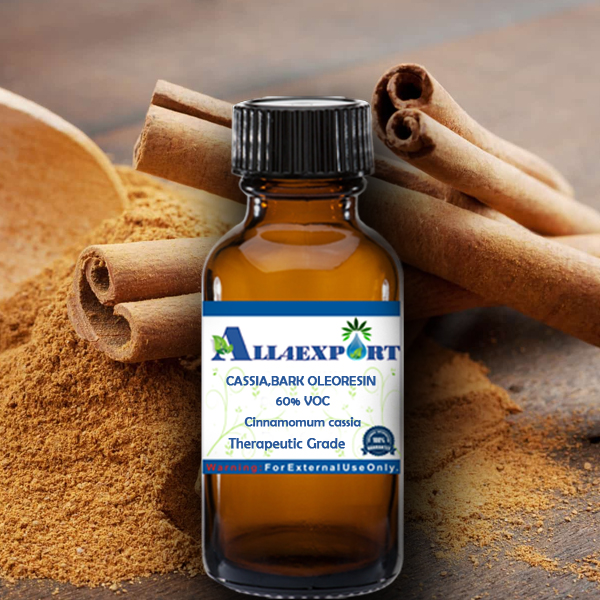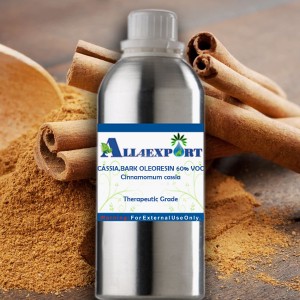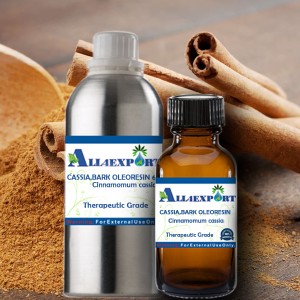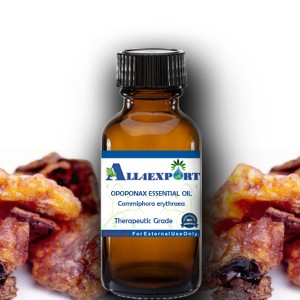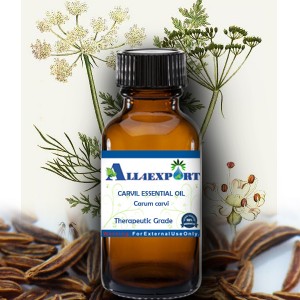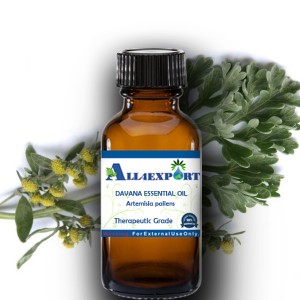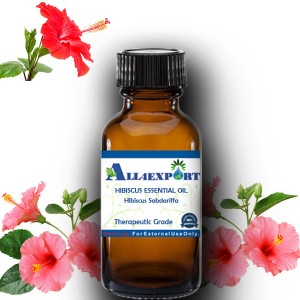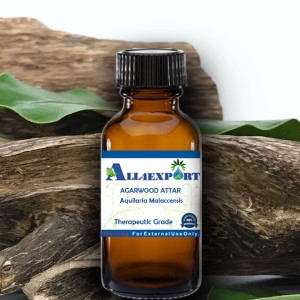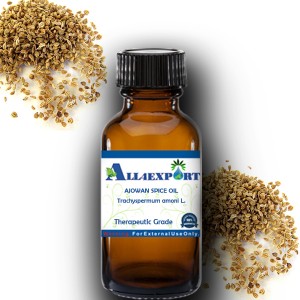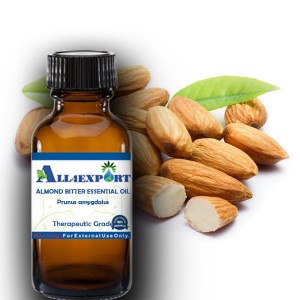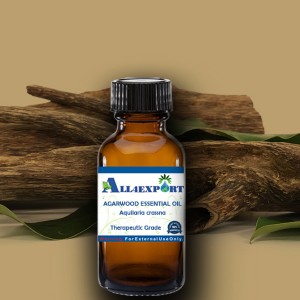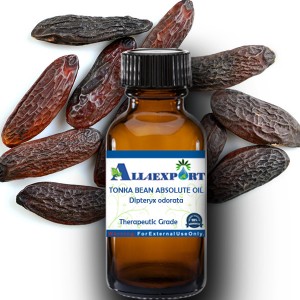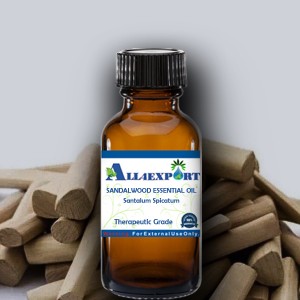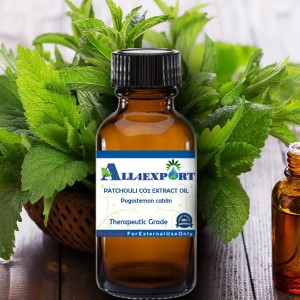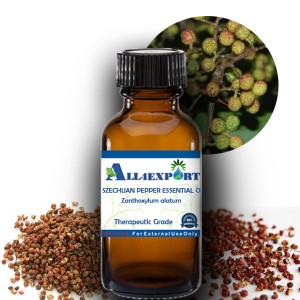| CASSIA,BARK OLEORESIN 60% VOC |
Botanical Name | : | Cinnamomum cassia | Country of Origin | : | China, Bangladesh, India, Vietnam | Solubility | : | Soluble in oil, insoluble in water | Specific Gravity | : | Not Applicable | Optical Rotation | : | Not Applicable | Refrective Index | : | Not Applicable | Plant Part | : | Bark | Blend With | : | Frankincense, Lavender, Cedarwood, Orange, Lemon, Neroli, Ylang-ylang. | CAS No | : | Not Applicable | Flash Point | : | Not Applicable | Extraction Method | : | Solvent Extraction |
|
Description : Cassia oleoresin is obtained by solvent extraction of inner bark of Cinnamum Cassia followed by dispersion in approved additives. Cassia bark is also known as Chinese cinnamon as it is a native plant of China. It is mostly grown in Southern China and also in Southern and Eastern Asia like Malaysia, Taiwan, Vietnam, Thailand, Laos, India and Indonesia.
|
Constituents : Volatile Oil Content : 60-61% (v/w) Residual Solvent : Less than 25 ppm |
Uses : Cassia oleoresin is used to treat diarrhea, nausea and flatulence. Cassia is a bigger spice with a heavier flavor, generally applied for meat dishes.
|
Benefit : Cassia oleoresin is anti-emetic, carminative, anti-microbial and anti-diarrhea. Along with these it has some more properties which make it a very effective ingredient for medicines. It is anticoagulant, antibacterial, anti-inflammatory, antioxidant and antifungal. With all these properties it is effectively used for colds, fungal infection, ringworm, inflammation, and viral infection. Cataracts, arteriosclerosis, candida, atherosclerosis and bacterial infection are some of the serious disorders that can be treated with cassia oil. |
Caution Note: Oleoresin is a powerful irritant, and even in minute quantities produces an intense burning sensation when it comes in contact with the eyes and tender parts of the skin.
All of the information and opinions that are provided on this web site are for informational and educational purposes only. This information is not intended to replace medical advice given by a medical practitioner. Anyone considering alternative therapies should consult with their medical professional before using an alternative method of healing. We do not give nor is any opinion on our web site medical advice.
|







